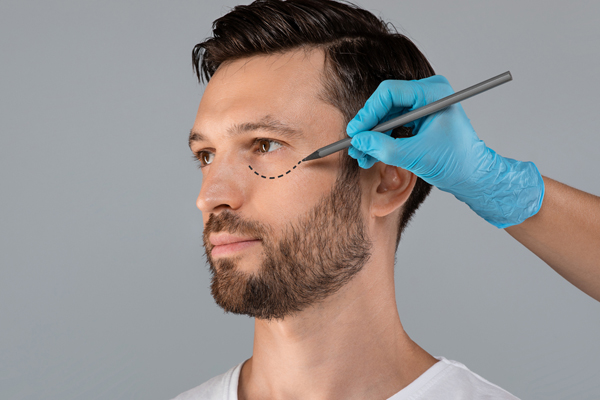What Is Causing Your Heavy Periods?

Heavy periods can be incredibly inconvenient, but most women do not seek medical care for this issue. Instead, they just suffer in silence. Often, we can determine the cause and help to reduce blood flow to a more manageable level. The only way to find out why this is happening and what can be done about it is to visit a healthcare provider for an examination. In our office, we will perform an exam, ask questions about medications and may also run tests or conduct an ultrasound.
When to visit us for help with heavy periods
We invite women who are experiencing any of the following to visit us for help:
- Needing to wear more than one pad at a time because they soak through too quickly
- Passing blood clots on multiple days during a menstrual cycle
- Bleeding so profusely that it is impossible to do normal activities
- Bleeding continuously or experiencing irregular bleeding in between periods
These can be cause for concern for women of any age. However, if a woman who has already gone through menopause begins to display any of these symptoms, it is important to call us right away. Also, a woman who is soaking through a pad an hour should contact a healthcare provider for immediate help. If the bleeding is also accompanied by shortness of breath or feeling lightheaded, it could be a medical emergency that requires a trip to an urgent care facility.
Causes of heavy bleeding
We know that women typically understand what their menstrual cycles are like, including how many pads or tampons they go through and what they consider to be normal bleeding. So, we trust our patients' instincts when they say that their periods are heavier than normal. If heavy periods start suddenly, they could be due to any of the following causes:
- Birth control
- IUD
- Medications
- Endometriosis
- Polyps
- Fibroids
- Adenomyosis
These are all issues that require medical intervention to correct or adjust in order to reduce the heavy periods. They will not simply go away or get better on their own, so ignoring the heavy bleeding will only prolong a woman's discomfort and frustration. Fortunately, we can help.
Speaking with the healthcare provider about heavy periods
When visiting the healthcare provider office, the caregivers may ask questions such as:
- How long has the bleeding been heavy?
- How many pads are needed per day or per hour?
- Are there blood clots, and if so, how many and how often?
- Are there any accompanying symptoms such as dizziness, lightheadedness or fatigue?
- When did the heavy bleeding start?
- Is there any pain, where is it located and how severe is it?
Be prepared to answer these questions with as much detail as possible, since the answers will help the caregivers to identify what tests may be necessary to diagnose the cause of the heavy bleeding.
We are here to help
In our office, we help women who are suffering from a variety of health conditions, including heavy periods. This condition can be uncomfortable and alarming, but fortunately, we provide treatments that can help. Visit our office to discuss treatment options so you can get relief as soon as possible.
For more information or to schedule an appointment with Janey L Hammons NP-C, request an appointment in our Seiling office here: https://www.janeylhammonsnpc.com. Or call us at (580) 922-4406.
Check out what others are saying about our dental services on Yelp: Heavy Periods in Seiling, OK.
Recent Posts
Aging skin is a part of life. Its natural ability to stay hydrated and smooth decreases as people age, leading to fine lines and wrinkles. Fortunately, proactive anti-aging treatments can strengthen the skin's defenses and stimulate the body's ability to produce collagen. However, the skincare market is oversaturated with numerous products and procedures, so it…
Medical weight loss is a means of shedding excess pounds under the supervision of a medical professional. Research shows that some people find this process effective. Knowing when to get this treatment can help you prepare well for it. Here are the details about when you must consider medical weight loss.Research shows that a large…
Routine physical exam establish your overall health. Primary care doctors or physicians use them to set a baseline when recommending care plans throughout the year. These care plans are personalized for each individual but are necessary to keep you healthy all year long and prevent issues down the road.Physical exams are essential in any doctor…
Women's health exams help ensure overall health while screening for conditions and health risks. Not only will the doctor help with any current symptoms, but they can also screen for conditions like breast and cervical cancer in otherwise healthy patients. Despite the importance of these exams, it is common to feel uncomfortable about receiving them.…


